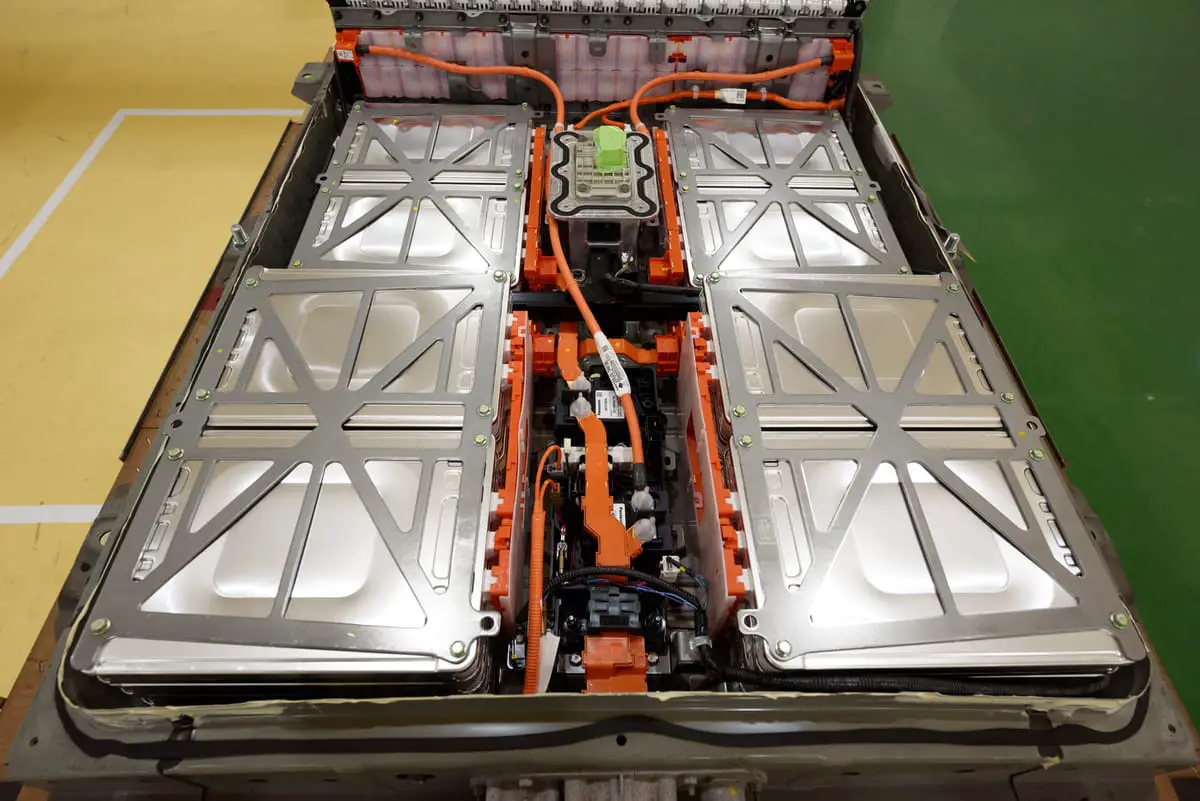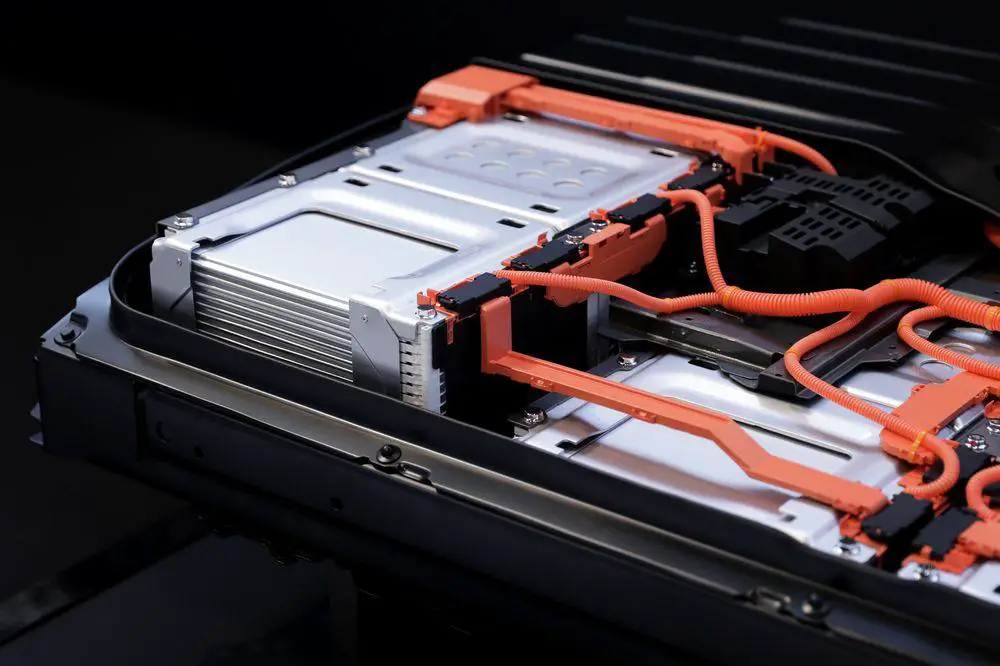Electric Car Battery Life and technology around it.
Electric car batteries undergo cycles of discharge that occur when driving and charge when the car is plugged in. Repeating this process over time affects the amount of charge the battery can hold. With time a decrease in range is experienced.


Electric car batteries undergo cycles of discharge that occur when driving and charge when the car is plugged in. Repeating this process over time affects the amount of charge the battery can hold. With time a decrease in range is experienced. A good number of manufacturers have a five to eight-year warranty on their battery. However, the current prediction is that an electric car battery will last from 10 – 20 years before they need to be replaced.
During the cold weather, the performance of the battery is low, but the shelf life is not affected. On the other hand, hot temperatures can cause the battery to degrade more quickly. For these reasons, most electric vehicles are equipped with a thermal management system that keeps the batteries at a healthy temperature.
When it comes down to it, every electric car battery will eventually face degradation, however, many sources state that very few electric car batteries have depleted to the point of needing to be replaced. Currently, manufacturers aim to engineer batteries that provide electric cars with long life and top performance.
Battery capacity is measured using kilowatt-hour (kWh). The kWh is used when discussing an electric car's battery capacity. The more the kWh the better for the vehicles. Purchasing vehicles with a higher kilowatt-hour rating is like buying a car with a bigger gas tank. The larger the tank or kilowatt-hour capacity, the more miles you can drive without stopping. While a battery's kilowatt-hour help to determine the distance you can travel on one charge, it's important to remember that an electric car's management system prevents the vehicle from fully charging and fully discharging.
The battery and the car's electric motor work together. The battery connects to one or more electric motors, which drive the wheels. When you press the accelerator the car instantly feeds power to the motor, which gradually consumes the energy stored in the batteries. Electric motors also work as generators, so when you take your foot off the throttle the car begins to slow down by converting its forward motion back into electricity, this happens more strongly if you hit the brakes. Regenerative braking recovers energy that would be lost, storing it in the battery again and improving the car's range.
Battery Life Expectancy
In the U.S.A every EV sold comes with a warranty that lasts for a minimum of eight years or up to 100,000 miles. For example, Kia offers a battery pack warranty for ten years or 100,000 miles, while Hyundai provides a lifetime coverage of its electric cars' batteries.
This standard warranty is excellent, but remember to look at the fine print. Some manufacturers only cover the battery if it completely dies and cannot hold a charge, which does not happen often. Brands like BMW, Chevrolet, Tesla, Volkswagen, and Nissan will cover a battery pack if its capacity drops to a certain percentage, usually 60 to 70 percent.
Remember car's expected battery is that heat and lithium-ion do not pair well together. Cars located in hotter climates will typically experience a faster battery depletion. It is why most electric vehicles are equipped with a liquid-cooled battery pack.
Another thing that can diminish batteries' lifespan is using Level 3 fast-charging stations. These stations can charge the battery up to 80% in 30 minutes, but they can also overheat the battery.
Safety and Maintenance of an Electric Car
Electric cars sold in the United States are required to pass the same safety testing and standards as those of conventional cars. In addition to these standard safety practices, according to The Office of Energy Efficiency & Renewable Energy, electric cars also have specific standards they must meet such as:
- Limiting chemical spills from their batteries
- Secure placement of the batteries in the event of an accident
- Keeping the chassis a healthy distance from the high-voltage system to avoid electric shock
In terms of ride quality and stability, an electric car offers a smoother ride and is less likely to roll over than conventional cars due to their lower center of gravity.
As far as maintenance goes, all-electric vehicles are much easier to keep up with than conventional vehicles because they have fewer fluids to change, such as oil and transmission fluid. They also have fewer moving components.
Does EV charging affect the battery life?
In short, yes. Charging a battery does affect your vehicle’s battery life.
One of the innovations that led to the rise of electric vehicles over the past decade is Lithium-ion batteries. Traditionally, most vehicle batteries were made from lead acid and only had to start a vehicle’s motor with a short surge of power which would then be recharged as the vehicle drove by an on-board alternator. However, they were not ideal for discharging more than a few percent of their power and are often referred to as SLI batteries (starting, lighting, and ignition).
Comparatively, lithium-ion batteries are designed to handle a much higher density of energy. Both your cell phone and your laptop use lithium-ion batteries and much like the advancement in the technology of both over the past two decades, lithium-ion batteries have increased the potential to use electricity in vehicles. And these advances are only tipped to continue.
However, while an EV’s battery will lose its ability to fully charge over time, it is unlikely that it will stop altogether. There are a few best practices that you can do to extend the life of your EV’s battery.
Reference:
i) All about electric car batteries
ii) HEARST AUTOS RESEARCH (2020) Electric Car Battery Life: Everything You Need to Know




